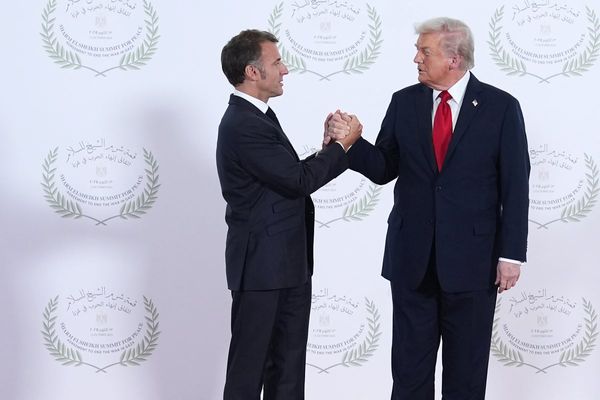"I HAD to wear a yellow star. Even at age seven,” remarks Stephen Kapos.
During our interview, he is calm. As he recounts his life story, full of drama and danger, the 88-year-old Holocaust survivor is softly and carefully spoken. A note of anger enters his voice on only two occasions.
First, when discussing the ways in which the Holocaust has been used by the Israeli government and its allies to justify their treatment of the Palestinians.
“I’m completely sickened by that. Because all these horrors are committed by Israel with some kind of assumed impunity.”
He recalls, bitterly, Israel’s UN ambassador Gilad Erdan wearing a yellow star in the opening phases of the assault on Gaza: “I thought that was an awful misuse, invoking an event that was painful and humiliating … For that to be used as some kind of cover … against the Palestinian people, I thought was sickening.
“The Holocaust was a European affair … nothing to do with the Palestinians. And, somehow, they have to pay the price of it?”

I ask if he sees his own childhood experience reflected in that suffering: “I have a visceral understanding because in small ways, we did go through similar things. The uncertainty, the repeated escapes, the lack of reliable information.”
Why in small ways? Because, he explains with signature empathy, he survived: “Our experience, even with the fighting thrown in, and the war moving through us, was not as bad as what I can see the Gazans going through.”
Kapos survived through luck, and by the brave acts of Christian protectors and aid workers, who trafficked Jewish children through Hungary as the frontlines of war swept westward in the closing acts of the Second World War. On various occasions, he was terrifyingly close to being caught.
In Christmas 1944, local German army units invited his group of refugees to their holiday celebration. They did not know the children were Jewish.
“Of course, you couldn’t refuse it,” for fear of being caught, he reasons. So little Stephen Kapos spent that holiday under an enormous swastika banner, with demoralised Wehrmacht soldiers who had no idea that they shared the last Christmas of the war with those they were supposed to be waging racial war against.
On another occasion, he witnessed the wreckage of the fiercest fighting: “The total destruction is very similar to what I can see on the screen in Gaza.”
Kapos has endured many of the worst tyrants of the 20th century. First the Hungarian strongman Admiral Horthy, a pioneer of fascistic methods. The regime’s antisemitic laws meant that his father had to complete part of his education abroad.
After the German invasion of his country in 1944, when Kapos was “four months short of seven years old”, he survived Hitler and his demonic lieutenant Adolf Eichmann, who scoured the countryside rounding up hundreds of thousands of Jews for extermination.

Now, at 88, Kapos faces new persecutors – the Metropolitan Police. Called in for questioning for peacefully protesting the UK Government’s policy in Gaza earlier in the year, he remains defiant. He is touring cities across the country to continue building the mass movement of solidarity with Gaza and to oppose attacks on speech and protest.
He will be arriving to speak in Glasgow on July 22, where the group Kneecap had their billing at the TRNSMT festival cancelled, at the urging of Police Scotland and First Minister John Swinney.
He views his own persecution as only part of a widening trend.
In recent months, proscriptions and arrests have rolled out across the movement, in a clear attempt at decapitation. Kapos himself was presumably targeted for being a vocal and visible critic of British foreign policy. His moral example too much for the authorities to bear, especially when they appear so lacking by comparison.
“It’s very worrying,” he says of the repression of recent months. “The arc of the various measures tends to be oppressive. More and more, an attack on free speech and free demonstrations.”
It is even more severe abroad, he says, such as on US campuses where “McCarthyism has been brought back”. We must stop this direction of travel, he urges, to avoid even more authoritarian outcomes, and he’d know about them. Despite the escalating horrors of war and these anti-democratic measures, he has not lost hope: “I’m not pessimistic in the long-term, but we have to watch the short term, very much,” he cautions.
It would be easy to think of Kapos, with his eloquence, sweep of history and belief in a universal human future beyond racism and authoritarianism, as a romantic figure. Yet he is extremely practical in his cast of mind. Asked how he can still believe in that better world, with all he has witnessed, he answers: “I just think there’s no alternative to that.”
It’s easier still to think him a hero, given the trials he has endured. But he disagrees: “Heroes are the people who put their lives on the line. Like the doctors of Gaza, for example.”
Stephen Kapos is speaking at the Stop the War Scotland rally at the Renfield Centre on July 22, at 7pm







